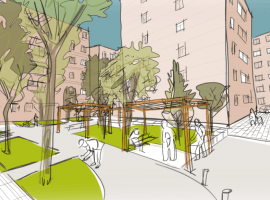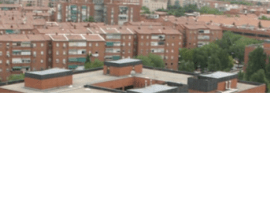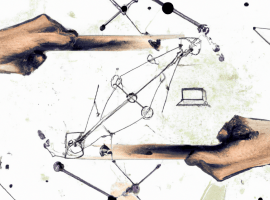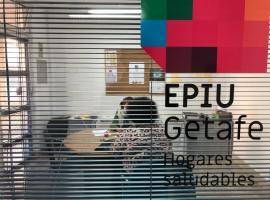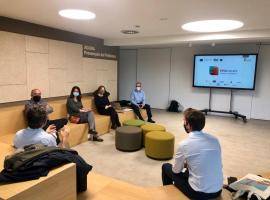It is soon to assess the impact of the experience, but it is a reality that PIOHS is influencing the way OHS is being design. Apart from learning from the service itself, this pilot office gives also direct information from La Alhóndiga and las Margaritas as it operates from municipal community centres. Having the chance to identify real needs from the community is essential to adjust OHS design.
PIOHS as a minimum viable service, as a pilot experience, is a practical experience for the OHS office that will not only improve this public local service but also transform it for better.



